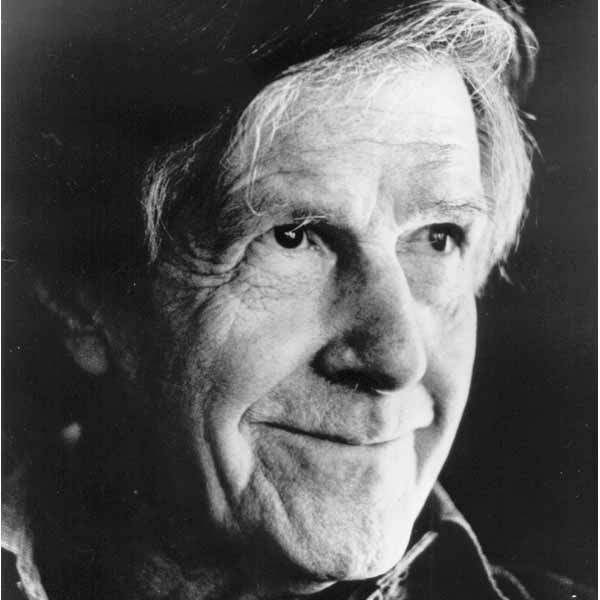John Cage and the I Ching
If I ask the I Ching a question as though it were a book of wisdom, which it is, I generally say, “What do you have to say about this?” and then I just listen to what it says and see if some bells ring or not.
There is no split between body & spirit. We are one in and out. “Earth has no escape from Heaven.”

The most aesthetic website about the I Ching is Joel Biroco’s Yijing Dao…. It is one of the most appealing websites I have ever seen.
He links to an article by Steve Marshall about John Cage, who originally came across the I Ching in 1943. Of all the musicians influenced by the I Ching, John Cage seems to have been at the forefront:
John Cage’s I Ching chance operations
If you search, you can come across scattered references to the use by John Cage (1912–1992) of the I Ching in his composition of music, writing, and visual art. It is mentioned, for instance, on about thirty pages of Richard Kostelanetz’s book of interviews over a 40-year period, ‘Conversing with Cage’ (New York: Routledge, 2003). But as for the actual methodology he used, details are hard to fathom and if you want to try it yourself it would be better to make up your own method, which is essentially what he did (on pp 93–94 of ‘Conversing with Cage’ he describes how he used the I Ching to compose the Freeman Etudes for solo violin, but even he apparently forgot his own method after letting the pieces sit unfinished in a drawer for nine years; on p 135 he describes how he used the I Ching to choose words from a dictionary and thereby create a text; pp 137–139 he describes a very involved method of making a text).
The basic principle is to remove one’s own intention from the work and hand that over to the oracle. Intention is always to some extent circumscribed by one’s own tastes and personality, whereas non-intention moves beyond like and dislike and becomes something more resembling an act of nature. In a sense then, you can hear what the I Ching would compose as a piece of music, or what it would draw as a picture (much as you can see what kind of life it would create by using it for every non-spontaneous decision). Although I don’t think Cage necessarily considered that – that the oracle itself may have an intention – he used it to free himself, in the large part, from having to choose. (Link to full article)
